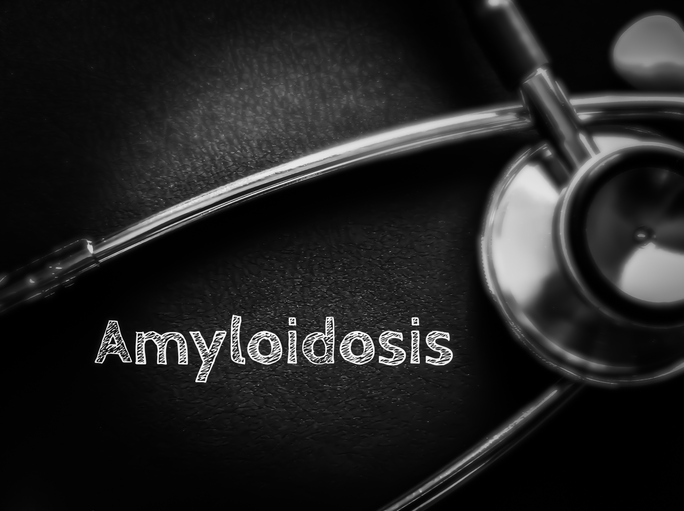
A recent study found an association between physical activity (PA) and a decreased risk of type 2 diabetes and cardiovascular disease among children.
For two years, researchers measured vigorous physical activity (VPA), moderate‐to‐vigorous physical activity (MVPA), light physical activity (LPA), and sedentary time (ST) in 258 children aged from 6 to 8 years old. A combined heart rate and movement sensor was used to evaluate PA and ST. Researchers calculated age‐ and sex‐adjusted z‐scores for waist circumference, blood pressure, insulin, glucose, triglycerides, and high‐density lipoprotein (HDL) cholesterol.
Did you know that the overall risk factor of #type2diabetes and #cardiovasculardisease reduced in children who increased their amount of exercise?https://t.co/elO5LjF8Qe
— Health Europa (@HealthEuropa) October 15, 2018
Researchers observed an inverse association between VPA and cardiometabolic risk score (CRS) (β = -0.209, P = 0.001), body fat percentage (BF%) (β = ‐0.244, P = 0.001), insulin (β = ‐0.220, P = 0.001), and triglycerides (β = ‐0.164, P = 0.012) and a direct association with HDL cholesterol (β = 0.159, P = 0.023). MVPA was inversely associated with CRS (β = ‐0.178, P = 0.012), BF% (β = ‐0.298, P = < 0.001), and insulin (β = ‐0.213, P =0.006) and directly with HDL cholesterol (β = 0.184, P = 0.022). LPA was negatively correlated with CRS (β = ‐0.163, P = 0.032). ST was linked directly with CRS (β = 0.218, P = 0.003), BF% (β = 0.212, P = 0.016), and insulin (β = 0.159, P = 0.049).
According to the researchers, theirs is one of the first studies to follow up on the effects of PA in children in relation to cardiovascular disease and type 2 diabetes risk.
https://twitter.com/bioDiabetes/status/1051850967803555841
“A physically passive lifestyle is gradually becoming alarmingly widespread among children and young people almost all over the world,” said lead study author Juuso Väistö of the University of Eastern Finland. Väistö defined vigorous exercise as “exercise or games that cause shortness of breath and perspiration” and said, “According to latest recommendations, children need diverse physical activity every day, and at least 60 minutes should be vigorous exercise.”
“Our findings provide support for the role of physical activity in preventing common chronic diseases already in childhood,” Väistö added.
Children with Asthma at Increased Risk of Obesity
The Danger of Coronary Artery Compression in Children
Acceleration of BMI in Early Childhood and Risk of Sustained Obesity
Sources: Scandinavian Journal of Medicine & Science in Sports, EurekAlert







 © 2025 Mashup Media, LLC, a Formedics Property. All Rights Reserved.
© 2025 Mashup Media, LLC, a Formedics Property. All Rights Reserved.